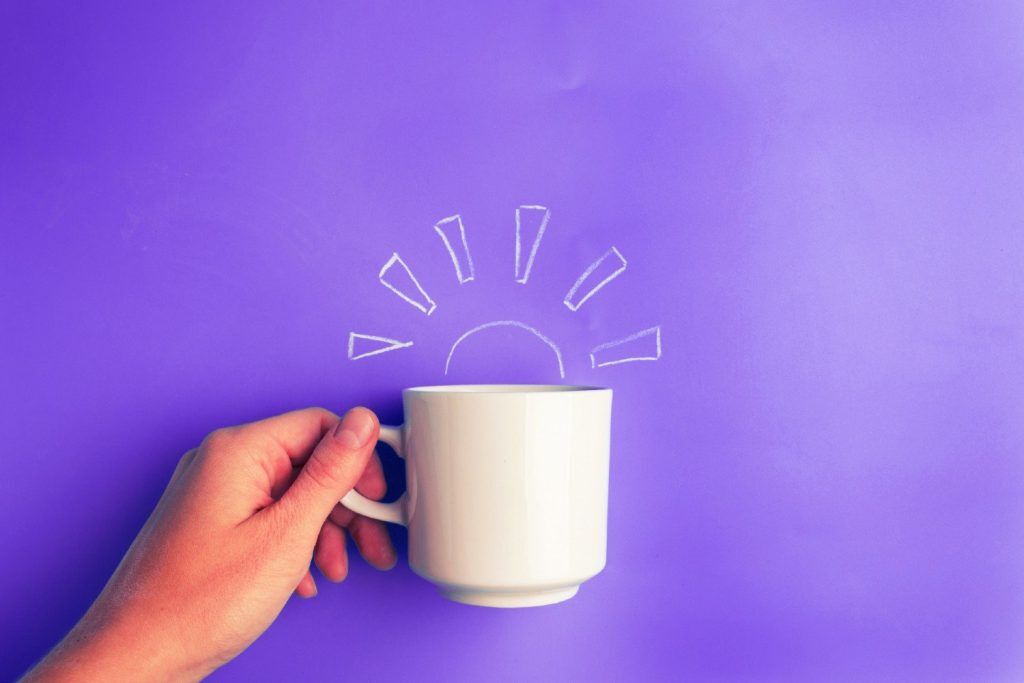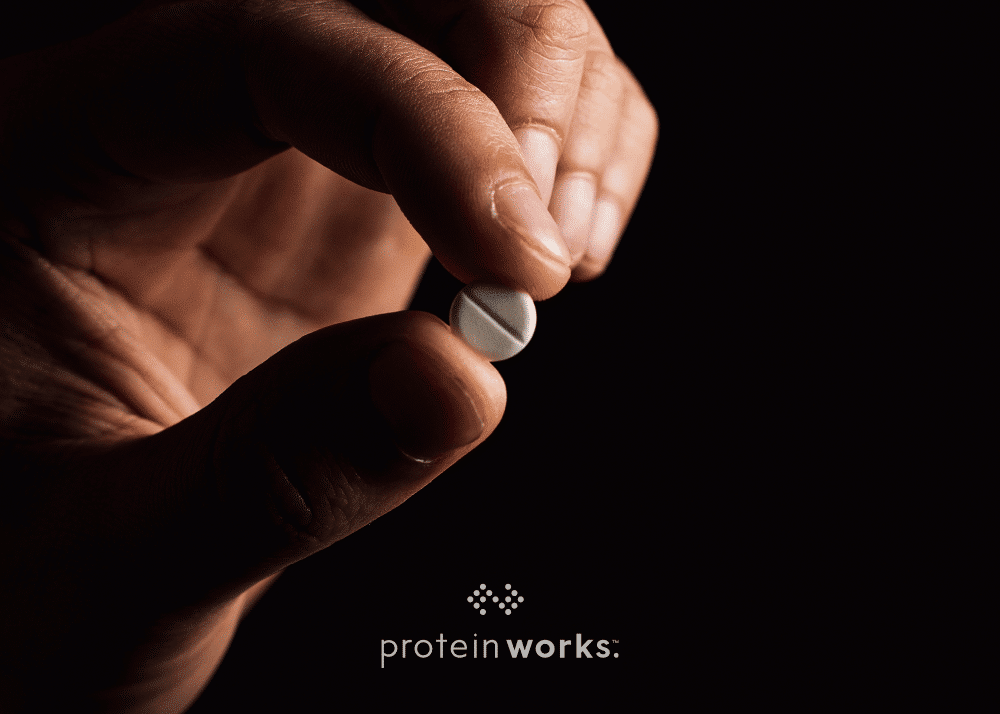
How to Battle Blue Monday
What is Blue Monday?
Blue Monday is known as the saddest day of the year, and occurs on the third Monday of January every year.
Blue Monday is a concept designed by Cliff Arnall, a former part-time tutor who worked at Cardiff University in the early 2000s. The idea was to find the saddest day of the year using a mathematical equation designed by Arnall.
Arnall’s equation was given a lot of oxygen by the national press, despite the entire scientific and mathematic community being against it. The idea of finding “the worst day of the year” is obviously something that is going to attract a lot of eyeballs to your story.
The equation was based on several factors:
- The weather
- Financial hardship (paying off Xmas and distance to payday)
- Failing your New Year’s Resolution
- Low motivation
- Distance from Xmas
Those of you with the mind of a sceptic are probably already beginning to see just how rubbish this equation is. Arnall himself now derides Blue Monday!
There are way too many factors to consider, and the differences between individuals and their reaction to circumstances makes the equation impossible.
Think about it, if the 3rd Monday in January is terrible as this is the day when debts begin to accrue, then wouldn’t it be the best day of the year for debt collectors?
That being said, a combination of bad weather, a national lockdown, and the stresses and anxiety associated with lockdown.
We guess the message here is, Blue Monday doesn’t exist, but looking for small ways to improve your mental and physical health during a tough period of time is still a great idea.
 How to Battle Blue Monday in Lockdown
How to Battle Blue Monday in Lockdown
Here are six steps to battling Blue Monday in lockdown. Remember, if you are seriously suffering with depression or anxiety, then skip straight to step #6 and talk to a professional. They are going to be so much more helpful than an article about Blue Monday’s!
Step #1 Sleep More
The relationship between sleep and mood is well known, with studies showing that extended sleep can be beneficial. While the opposite is also true. Depression and insomnia are definitely linked, so much so that treating the insomnia can often help to treat the depression.
While this is not true for everyone, many people are noticing that they have more free time thanks to a lack of travel to and from work/school etc. Incidentally, travel time was one of the factors in Arnall’s crazy formula.
Using the extra time to sleep in for an extra hour could be hugely beneficial in improving your mood and reducing depressive symptoms.
Step #2 Get Some Vitamin D
While the mechanisms behind vitamin D’s relationship with depression are not currently understood, there remains an undeniable relationship. Many people who are clinically depressed have been found to be deficient in vitamin D levels.
This is most likely to occur during the winter months, as vitamin D can be found in sunshine. This particularly affects people with darker skin, as lighter skin can absorb more UV rays which helps with vitamin D absorption but is also responsible for pale people getting sunburned quicker.
Topping up your vitamin D levels with supplements of through vitamin D rich foods during the winter is a really good idea. With many health benefits, including improved mood.
Another potential benefit is that vitamin D may be beneficial in the fight against Covid. However, scientists are not certain of this. Vitamin D supplementation is currently recommended by the government though, so there must be some potential benefits.
You can also get vitamin D from oily fish, red meat, eggs, and breakfast cereals that have been fortified with it (probably the best bet for vegans). Spending 30-50 minutes outdoors while on your daily walk is also a good idea.
 Step #3 Supplement with Omega-3s
Step #3 Supplement with Omega-3s
Like vitamin D, omega-3 fatty acids appear to be beneficial for improving your mood, and thanks to a diet that is high in omega-6 fatty acids, the need for supplementation is pretty high. For ideal health, you want a ratio of 4:1.
For every omega-3 fatty acid you can have four omega-6 fatty acids. However, our current ratio is around 16:1. Which can create an unbalance, and lead to many health related issues.
Eating foods that are high in omega-3 fats is a good start. Oily fish, nuts, seeds, and many plant oils are great sources (as are supplements). Lowering your omega-6 intake may also help (meat, dairy, tofu).
Step #4 Consider Panax Ginseng
There are many herbal supplements that claim to provide mental and physical health benefits. Most of them are useless. But there does seem to be quite a lot of evidence that panax ginseng can improve your mood.
A 2002 study found that combining panax ginseng and therapy was more effective than a combination of therapy and a placebo at improving mood. However, the study also found that the results only lasted for 4-8 weeks. Meaning that it becomes less effective the more you use it.
As a supplement for stress and anxiety, panax ginseng could be a fairly useful short-term solution. Combine it with other steps on this list to get the best results. As with any herbal supplement, consult with your doctor before use.
Step #5 Get Some Exercise
Exercise has a superb effect on mood, and the best part is that the exercise does not need to be overly strenuous. Even a brisk walk appears to have benefits. Remember that a walk outdoors may also help top up your vitamin D levels, it can also improve sleep quality, and reduce stress.
Exercise in the house is also effective and may be a better idea if your neighbourhood is pretty crowded. A simple circuit workout can be very effective.
 Step #6 Talk to a Professional
Step #6 Talk to a Professional
Let’s be honest, the abilities of this article to cure depression are fairly limited. We don’t know you, nor do we know your medical history. We are not trained therapists. We feel comfortable giving sensible (hopefully helpful) advice for people feeling a bit down, but it would be wrong of us to give out specific advice for depression.
If you are feeling depressed, then talking to a therapist or your doctor is the best decision you could ever make. They can give specific advice that will truly help you.


 How to Battle Blue Monday in Lockdown
How to Battle Blue Monday in Lockdown Step #3 Supplement with Omega-3s
Step #3 Supplement with Omega-3s Step #6 Talk to a Professional
Step #6 Talk to a Professional



No Comments yet!